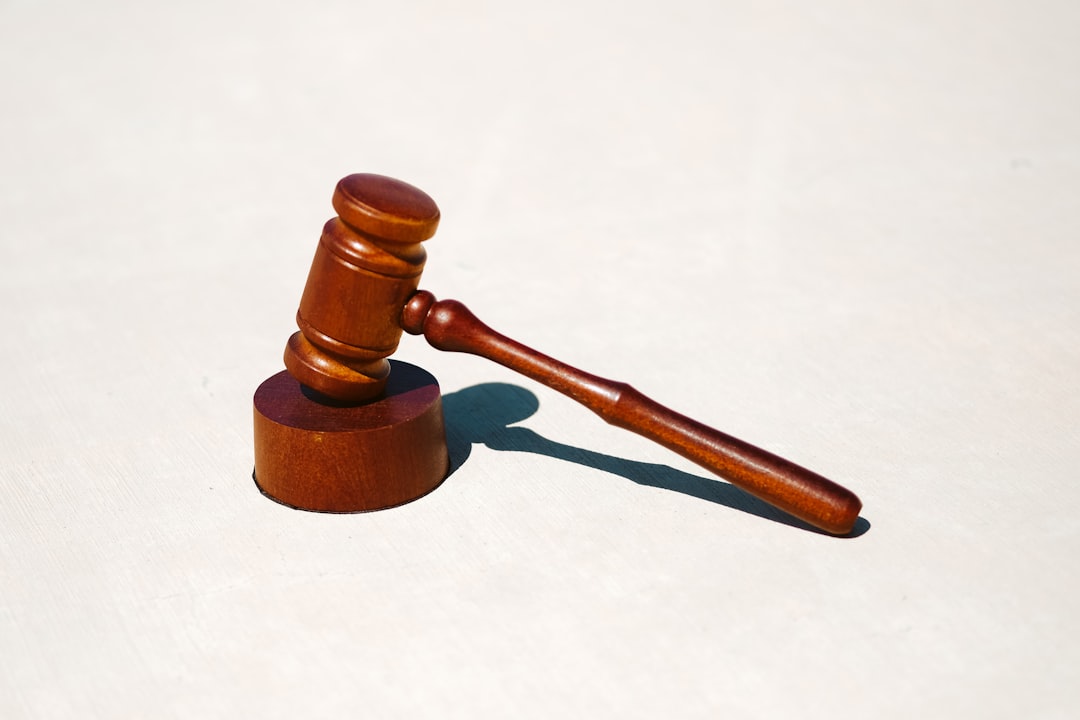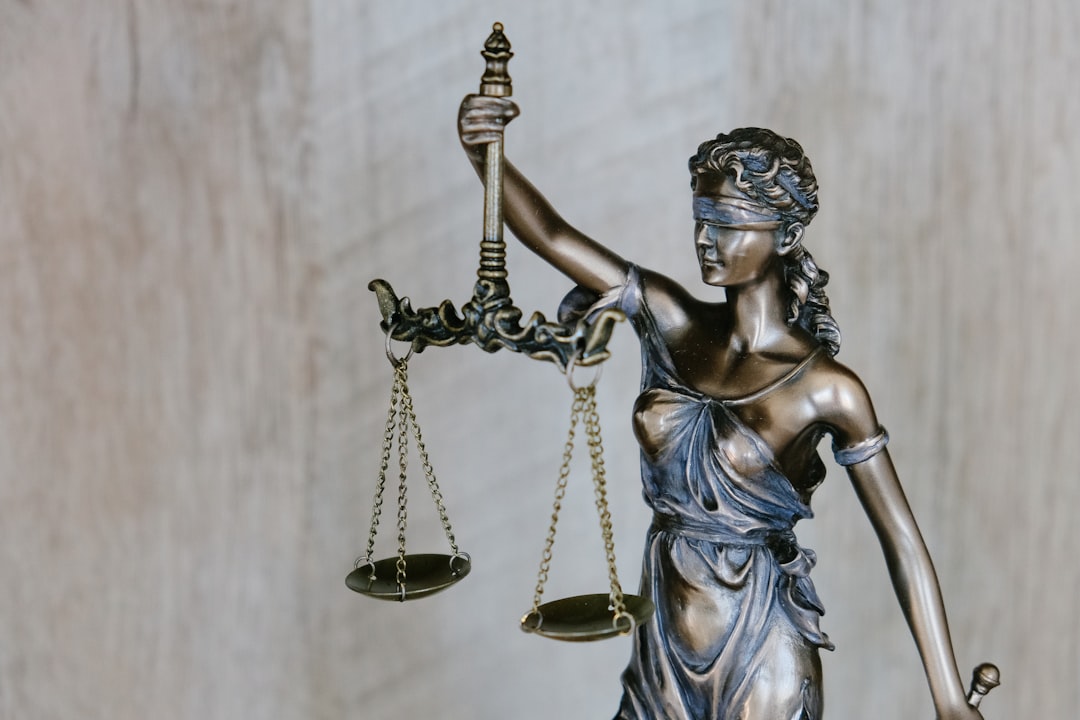Victims of sexual abuse or assault in Ohio have a limited time to file civil lawsuits—typically one year, but up to 10 years with exceptions for underage victims or hidden abuse. Navigating these complex legal matters requires consulting experienced sexual assault lawyers Ohio to protect rights and ensure the best chance at justice and compensation. Supportive networks, including counseling services and support groups, complement legal assistance from sexual assault lawyers in Ohio to help survivors heal and find closure.
In Ohio, understanding the statute of limitations for sexual abuse cases is crucial for survivors seeking justice. This comprehensive guide delves into the legal framework surrounding these sensitive matters. We explore who can file a lawsuit and the stringent time frames involved, offering insights tailored to Ohio’s laws. Additionally, we provide information on the legal recourse and support available for survivors, with an emphasis on the expertise of sexual assault lawyers in Ohio.
Understanding the Statute of Limitations in Ohio for Sexual Abuse Cases

In Ohio, the Statute of Limitations for filing a civil lawsuit related to sexual abuse or assault is often a complex and critical aspect that victims and their advocates must understand. This legal time frame refers to the period within which legal actions can be initiated after an incident occurs. For sexual assault cases, the statute typically allows a victim up to one year from the date of the abusive act to file a lawsuit. However, there are exceptions and nuances that make it crucial for victims to consult with experienced sexual assault lawyers Ohio to ensure their rights are protected.
These exceptions include cases where the victim was underage at the time of the abuse, in which case the statute may be extended. Additionally, certain circumstances, such as continuous or hidden abuse, can also impact the timing. Working with a legal professional who specializes in these matters is essential to navigating Ohio’s Statute of Limitations and ensuring that victims have the best chance at seeking justice and compensation for their traumatic experiences.
Who Can File a Lawsuit and Time Frames Involved

In Ohio, individuals who have suffered sexual abuse or assault can take legal action against their perpetrators within a specific time frame, known as the statute of limitations. The relevant laws allow victims to file a lawsuit for civil damages up to 10 years after the incident occurred. This period is crucial for survivors to come forward and seek justice. It’s important to note that even if the statute of limitations has passed, certain exceptions may apply, such as when the victim was underage at the time of the assault and only recently turned 18 or discovered the abuse.
When considering legal action, victims can consult with experienced sexual assault lawyers in Ohio who specialize in these complex cases. These attorneys can guide them through the process, ensuring their rights are protected and helping them understand the available options within the prescribed time frames.
Legal Recourse and Support for Survivors in Ohio

In Ohio, survivors of sexual abuse have legal recourse and support available to them, even beyond the Statute of Limitations for filing a case. Sexual assault lawyers in Ohio play a crucial role in guiding victims through the complex legal system and helping them seek justice. These specialists understand the emotional and psychological toll that sexual abuse can take on individuals and are dedicated to providing compassionate representation. They offer a range of services tailored to each client’s unique needs, from counseling and therapy referrals to assistance with reporting the crime to law enforcement and navigating the court process.
Support groups and community organizations also form an integral part of the ecosystem for survivors in Ohio. These groups provide safe spaces where individuals can share their experiences, connect with others who have faced similar traumas, and gain access to resources that aid in healing and recovery. Together with legal professionals, these support systems ensure that survivors are not alone in their pursuit of justice and closure.





